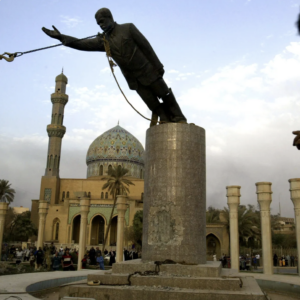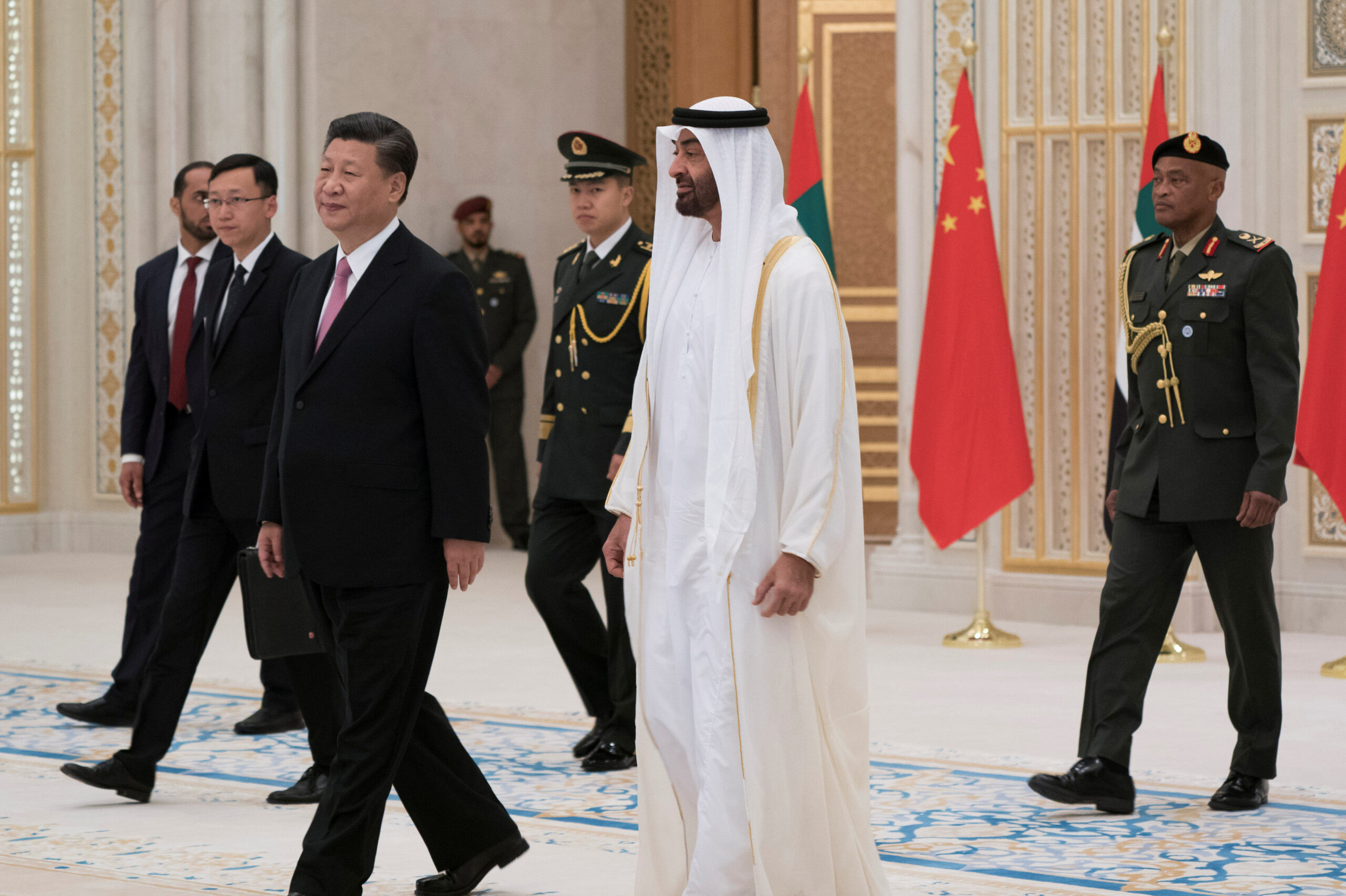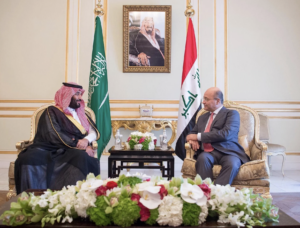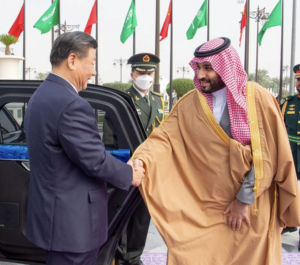The US-led invasion of Iraq sparked domestic changes in Iraq that produced more insecurity in the region. The US invasion removed Saddam Hussein from power, changing the leadership in Iraq. Using an individual-level analysis, this change had a significant impact on domestic politics. The idea of removing a dictator from power was appealing to the US, as it came with the possibility of establishing a regime that was more friendly with Americans. Since the US played a major role in this regime change, it also played a major role in domestic politics. Had the US not removed Saddam from power, Saddam may have continued to make “risky” decisions and engage in more conflict. Although the new regime did not produce the amount of security that the US desired, it removed a rogue actor from the Iraqi government.

Looking at Iraq’s domestic politics is important in understanding regional dynamics as well. After the US changed Iraq’s regime, there were major consequences for the region. The invasion allowed Iran to increase its power and pose a threat to regional security. As Gause noted, the Iranian government had more opportunities to interfere with Iraq’s domestic politics (171). Saddam was no longer in power and could not balance in Iran in the same way that he had in the past. The US invasion was an indirect cause of this – interfering with domestic politics influenced order in the region.
Similarly, the US invasion indirectly heightened the Iran-Saudi competition for influence over Iraq. At first, the use of oil revenues to exert power over Iraq would guarantee both Saudi Arabia and Iran an opportunity to increase regional power (Gause 181). Due to the invasion, both countries were given free rein to determine their own position in the region. Since the invasion however, Saudi Arabia believed that Iraq’s religious affinities to Iran guaranteed Iran more influence. They blamed the US for these consequences. As a result, Saudi Arabia has disengaged in regional cooperation, further adding to Iran’s power in the region.
In more recent years, the US-led invasion has caused China to increase their engagement with the Middle East. China was cautious about US involvement in the Middle East as it was a threat to the oil market. After the Iraq War, China began to work closely with oil producers in the region and sold more weapons to Middle Eastern states. Due to the US invasion, China was inclined to exert its own power in the Middle East, challenging America’s spread of democracy.
The US invasion sparked a series of long-term and short-term implications for regional security in the Middle East. Interfering with the domestic politics of Iraq by removing Saddam changed the way in which Iraq was oriented in the region. It gave the opportunity for other states to gain power, altering the status quo of the region.



Leave a Reply